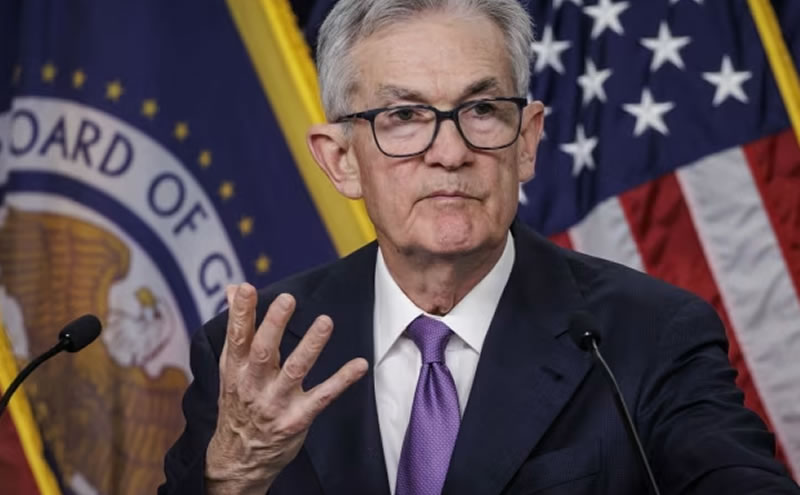Few topics stir the pot quite like the Federal Reserve's latest moves, especially under the leadership of Powell. These days, it's not just their actions that are drawing eyes; it's the thinking behind those actions that's really causing a stir. From the high-flying traders on Wall Street to everyday folks on Main Street, everyone's tuning in to see what the Fed will do next – and trying to read between the lines of Powell's latest comments.
A few days back, Powell threw a bit of a curveball. He hinted that the Fed might be looking at rate cuts in a way that's different from their usual style. This isn't just some technical mumbo jumbo; it's a big deal. Usually, the Fed's like that cautious driver who won't hit the gas until they've checked every mirror twice. They wait for clear signs of inflation before they make a move. But now, Powell's talking about cutting rates based on what they think might happen with inflation, not just what's happening right now.
This shift is kind of a head-scratcher. It's like if your always predictable friend suddenly decided to go bungee jumping on a whim. Gary Cohn, who used to be a big shot at Goldman Sachs, is also scratching his head over this. He's worried that the Fed, which has always been this steady hand that keeps the economy from going off the rails, is starting to play a guessing game with the market.
But there's more to this than just the Fed changing its tune. It's like they're picking up on a different rhythm in the economy. Maybe it's a bit of influence from Janet Yellen, the Treasury Secretary. She's been pretty confident about where inflation is heading, and it looks like Powell and the gang are starting to listen to that beat.
So what does all this mean for you and me? Well, if the Fed starts moving rates based on what they think will happen, instead of what is happening, it's like they're trying to steer the boat before the storm hits, not after. That could be good — nobody likes getting caught in a storm. But it's also tricky because what if they guess wrong?
In the end, Powell's got a tough job. He's got to steer the economy through some pretty choppy waters. The decisions he and the Fed make in the next few months are going to be super important. They're not just deciding on rates; they're setting the course for how we all sail through these uncertain economic times.
So let's keep our eyes on this. The Fed's moves aren't just numbers on a page; they're signals about where our economy might be heading. And in times like these, we could all use a good navigator.

















Rate this article